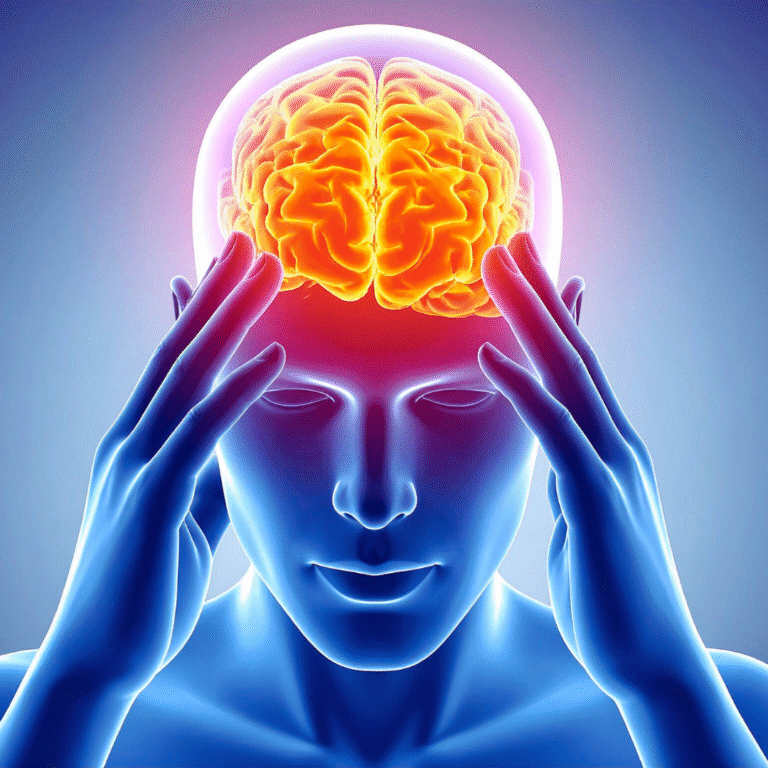Music therapy has gained recognition as a powerful tool for healing across various settings. Research indicates that music therapy can significantly reduce anxiety, improve mood, and even enhance cognitive function. By harnessing the emotional and physiological effects of music, therapists can address a range of conditions, from mental health issues to developmental disorders.
The science behind music therapy involves understanding how music impacts the brain and body. Different elements of music, such as rhythm, melody, and harmony, can influence mood and stimulate pathways related to memory and emotion. This makes music an effective medium for communication and expression, particularly for those who may struggle with traditional forms of interaction.
As interest in music therapy continues to grow, ongoing studies are elucidating its benefits and mechanisms. The interplay of neuroscience and music is paving the way for innovative therapeutic strategies that promise to enhance the quality of life for many.
Foundations of Music Therapy
Music therapy serves as a vital intervention in various therapeutic settings, bridging emotional and cognitive processes. It relies on the interaction between sound, rhythm, and human experience, harnessing the brain’s responses to music and its multitude of therapeutic benefits.
The Role of Music in Therapy
Music functions as a powerful therapeutic tool, engaging individuals on emotional and cognitive levels. It can evoke memories, facilitate communication, and encourage personal expression. In a therapeutic setting, music provides a non-verbal channel for clients to express feelings that may be difficult to articulate. It fosters a sense of connection, aiding in the build-up of trust between therapist and client.
Different genres and structures can evoke distinct emotional responses, with rhythm and melody having significant impacts on mood and behavior. Crafting tailored music experiences can enhance relaxation and reduce anxiety in patients dealing with mental health issues.
Principles of Neurology in Music Therapy
Neuroscience underpins many principles of music therapy, illustrating how music influences brain chemistry and neuroplasticity. Engaging with music activates multiple brain regions, aiding in cognitive functioning and emotional regulation. Research shows that listening to music can release neurotransmitters, such as dopamine, enhancing feelings of pleasure and motivation. This chemical response supports therapeutic goals in areas like psychiatry and mental health.
Neuroplasticity, the brain’s ability to reorganize and form new neural connections, is also crucial. Music therapy encourages this process, promoting recovery in individuals recovering from trauma or stroke. By stimulating and activating neural pathways, music can foster improved mental and emotional well-being.
Psychological and Physiological Effects
Music therapy notably influences both psychological and physiological dimensions of a person’s well-being. The following sections outline essential cognitive and emotional benefits, its role in mental health disorders, and its overall impact on quality of life.
Cognitive and Emotional Benefits
Engagement with music can enhance cognitive function and emotional responses. Research shows that listening to music stimulates areas of the brain associated with memory and learning. This stimulation can benefit individuals with conditions such as dementia and autism, aiding memory recall and fostering emotional expression. Music therapy can also promote the release of endorphins and dopamine, both of which contribute to positive emotional states. The presence of these neurotransmitters helps alleviate feelings of anxiety and depression, leading to improved emotional well-being.
Music Therapy and Mental Health Disorders
Music therapy has been integrated into treatment plans for various mental health disorders, including depression and anxiety. By using music as a form of expression, patients can navigate complex emotions. This process often leads to reduced cortisol levels, which are associated with stress.
Therapeutic sessions can involve active participation, such as playing instruments or songwriting, which may lead to greater engagement. Such involvement encourages individuals to process emotions and develop coping mechanisms, thus enhancing overall mental health outcomes.
The Impact on Well-being and Quality of Life
Incorporating music therapy into care can markedly improve quality of life. Studies indicate that participants often report increased well-being, with benefits extending to social interactions. This aspect is particularly visible in community settings where music fosters connection and reduces feelings of isolation. Furthermore, consistent exposure to music therapy may enhance emotional responses, enriching the overall life experience. Individuals often experience a heightened sense of purpose and fulfillment, contributing to a positive shift in their everyday lives.
Music Therapy Techniques and Interventions
There are various techniques and interventions utilized in music therapy to address a wide range of psychological and physical conditions. These approaches aim to enhance recovery and well-being through tailored music-based methods.
Music-Based Rehabilitation
Music-based rehabilitation leverages rhythmic auditory stimulation to aid recovery in patients with cognitive and physical impairments. It employs musical rhythms to facilitate movement and enhance motor skills. This technique is pivotal for individuals recovering from strokes or traumatic brain injuries.
In rehabilitation settings, music therapists often use musical instruments to encourage participation. Instruments like drums and keyboards can motivate engagement and promote coordination. The structured use of rhythm supports physical rehabilitation by synchronizing motor actions with auditory cues.
Additionally, music interventions have been successful in managing chronic pain. They help patients focus on the music rather than their discomfort, fostering relaxation and distraction. This multi-faceted approach allows for a broad spectrum of applications tailored to individual needs.
Individualized Music Interventions
Individualized music interventions are designed to meet the specific needs of clients. They address various conditions, including autism spectrum disorder and palliative care. These sessions are often custom-tailored, based on the patient’s preferences and therapeutic goals. Music therapists assess each individual’s responsiveness to different musical styles and instruments. This can include using familiar songs to evoke positive memories, or creating personalized playlists that elicit desired emotions.
The use of music in a one-on-one setting facilitates communication and emotional expression. These interventions are vital for clients who may struggle to articulate their feelings verbally. Through active participation in music-making, clients can experience relief from their symptoms and improve their quality of life.
Evidence, Research, and Effectiveness
Research supports the effectiveness of music therapy through systematic reviews and significant case studies. These studies highlight various techniques and their impact on mental and physical health, demonstrating therapeutic benefits tailored to individual needs.
Systematic Reviews and Clinical Trials
Numerous systematic reviews have evaluated the efficacy of music therapy in diverse clinical settings. These reviews often focus on the effects of music interventions on the autonomic nervous system and brain function. They reveal that engaging in music therapy can lead to reduced anxiety, improved mood regulation, and enhanced cognitive abilities.
Clinical trials consistently showcase the effectiveness of tailored music interventions, particularly in treating conditions like depression, PTSD, and dementia. Certified music therapists apply specific techniques to achieve therapeutic goals, further validating the positive outcomes of structured music therapy programs.
Case Studies in Music Therapy
Case studies provide in-depth insight into the individual experiences of music therapy participants. Specific examples illustrate how tailored music interventions address unique therapeutic needs. These narratives often highlight the strategies used by certified music therapists to engage clients effectively.
For instance, a case study involving a young individual with autism demonstrated significant improvements in social skills and emotional expression through targeted musical activities. Another case study with elderly patients suffering from cognitive decline showed enhanced memory recall and increased engagement during sessions. These examples underline the practicality and effectiveness of music therapy in real-life situations.




